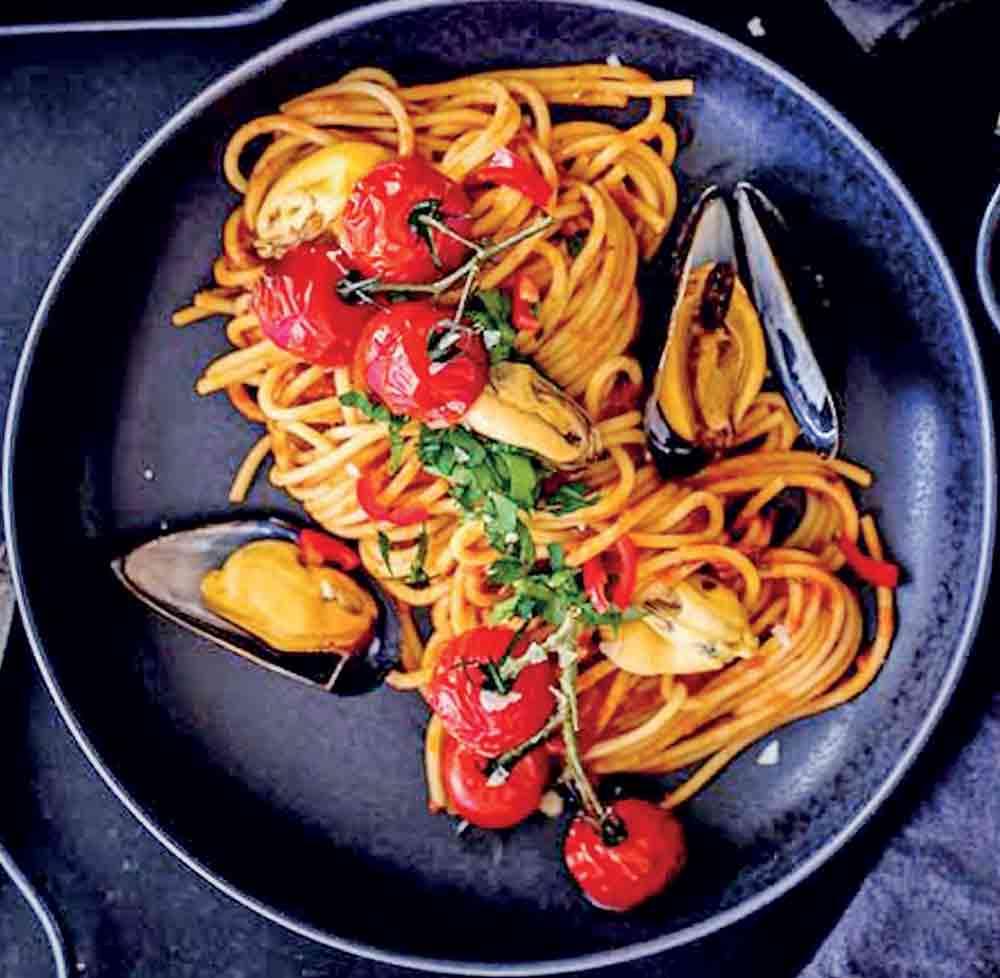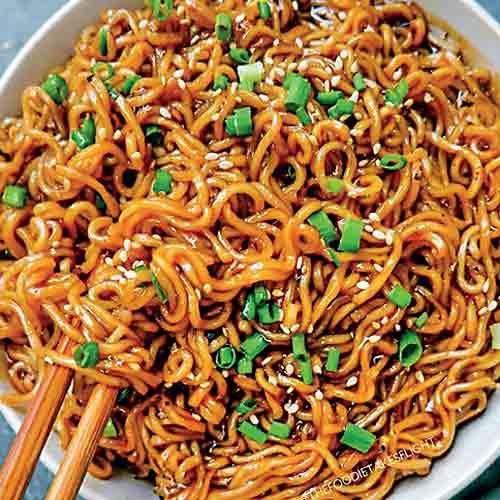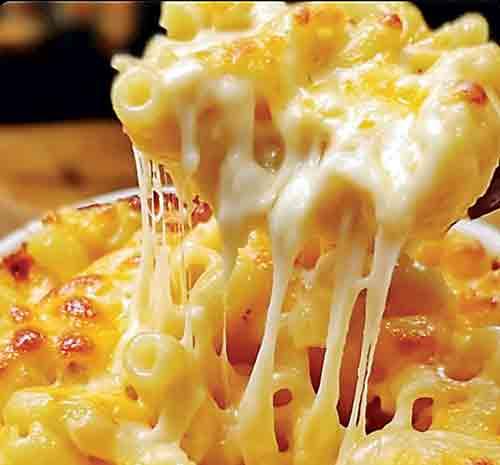
Food is essential to culture, health, and social interaction, it is much more than just fuel for our bodies. Food has a significant impact on how we experience our everyday lives and how we feel, both physically and emotionally, from our first meal of the day to our late-night snacks. It gives our bodies the energy and nourishment they require to grow, heal, and function, but it also has a profound impact on our relationships, memories, and moods.

For instance, eating breakfast can set the tone for the day by providing us with the energy and concentration we need to tackle the challenges that lie ahead. Food is a potent social glue because it provides opportunities for celebration, comfort, and bonding when shared with loved ones. However, food can also arouse feelings associated with nostalgia, such as the aroma of a home-cooked meal that brings back memories of a special occasion or childhood. Additionally, dietary decisions can have a direct effect on mental health. Diets high in nutrients promote emotional stability and brain function, whereas unhealthy eating patterns can exacerbate depressive, anxious, or tired feelings. Overall happiness and well-being are also influenced by the sensory experience of food, including its flavor, texture, aroma, and presentation. Food is an expression of who we are and where we're from, and it's closely linked to customs, rituals, and identity in many cultures. Beyond just providing us with nourishment, food enhances our lives in a myriad of ways, whether it be through a festive feast, a street food snack, or a straightforward home-cooked meal.

Every culture in the world has a distinctive cuisine, with each dish revealing a wealth of information about its geography, history, customs, and climate. The people, their surroundings, and the resources that have been accessible to them over the ages are all reflected in these culinary styles, which are more than just flavors. For example, South Asia's robust, fiery curries highlight the region's profusion of fragrant spices like chili, cumin, and turmeric, which were once highly valued goods on historic trade routes. Meanwhile, the warm, sunny climate and fertile regions of nations like Greece, Italy, and Spain serve as the inspiration for the Mediterranean diet, which is well-known for emphasizing fresh fruits, vegetables, whole grains, fish, and heart-healthy olive oil.
In many cultures, food is also the center of festivities. Traditional meals, whether they are served at a wedding feast, a birthday celebration, or during religious holidays like Eid, Diwali, Christmas, or Lunar New Year, unite people in happy and significant ways. Signature dishes that have been passed down through the generations are frequently served to commemorate these events; each bite carries stories, memories, and a sense of community.
Additionally, families and communities can effectively preserve their cultural identity by sharing traditional recipes and cooking techniques, particularly in the globalized world of today where cultural boundaries are blurred.
Younger generations benefit from it by better understanding their ancestors, connecting with their heritage, and appreciating the traditions and values that shaped their local communities. People show their love, hospitality, and respect through food, which fortifies ties and creates bridges across cultural divides.

South Asia's spicy curries, for instance, include Pakistani biryani, Sri Lankan fish ambul thiyal, and Indian chicken tikka masala. Each dish is layered with herbs and spices that tell a tale of regional flavors and ancient trade. Mediterranean classics like Spanish paella, Italian caprese salad, and Greek moussaka emphasize simple, healthful preparations and seasonal, fresh ingredients.
In East Asia, Korean kimchi exemplifies the art of fermentation and group preparation, while Japanese sushi reflects a profound respect for fresh, premium seafood and rice craftsmanship. Foods like tamales and mole, which combine native ingredients with Spanish influences to create strong, colorful flavors, are a testament to Mexico's rich culinary past.

Food also plays a major role during festivities, in the Jewish holiday of Passover, matzah serves as a reminder of one's past and freedom, while in the Chinese New Year, dumplings are a symbol of wealth. Jerk chicken, with its smoky heat that unites people in music-filled gatherings, is a common festive staple in the Caribbean
Proper eating is crucial for keeping a fit body and clear thoughts. A well-rounded meal full of fruits, veggies, whole grains, proteins, and good fats gives our bodies the vitamins and minerals we need to work at our best. As knowledge increases about the link between eating habits and illnesses like diabetes, heart problems, and being overweight, numerous individuals are selecting food thoughtfully. Preparing meals in your own kitchen lets you manage what goes into your food, which helps prevent the intake of too much salt, sugar, and bad fats typically present in factory-made items. Furthermore, nourishment can heal, customized eating plans for particular health requirements can help control long-term illnesses and enhance general well-being.
Exchanging meals is a profoundly human activity that goes beyond words and customs. Meals frequently act as chances for connecting, whether it’s a laid-back midday meal with pals or a big family dinner. Meals during special occasions, like festive feasts, marriage ceremonies, or neighborhood gatherings aid in creating a feeling of unity and reinforce connections. The growth of food culture in media via cooking shows, food blogs, and social media platforms, reflects our shared enthusiasm for exploring new tastes and exchanging food experiences. Meals unite individuals in ways few other activities can.
As the world confronts issues such as global warming, increasing population, and limited resources, the methods of food production and consumption are changing. Eco-friendly methods like natural agriculture, cutting down on leftover food, and choosing vegetarian meals are gaining more significance. New tech advances such as upward farming, lab-made meats, and exact farming strive to boost food output and lessen harm to nature. By adopting these adjustments, we can guarantee that upcoming generations will have nutritious food without depleting Earth's resources.
Food is at the center of life, sustaining not just our bodies, but culture, relationships, and our very health. An appreciation for the bounty of food, its cultural heritage and its nutritional worth, urges us to make conscious decisions that enrich our lives. Whether cooking a family recipe, dining with friends, or discovering new foods, food provides innumerable experiences for pleasure, connection, and development. By honoring and respecting food, we not only nourish ourselves but also create a healthier, kinder world.











